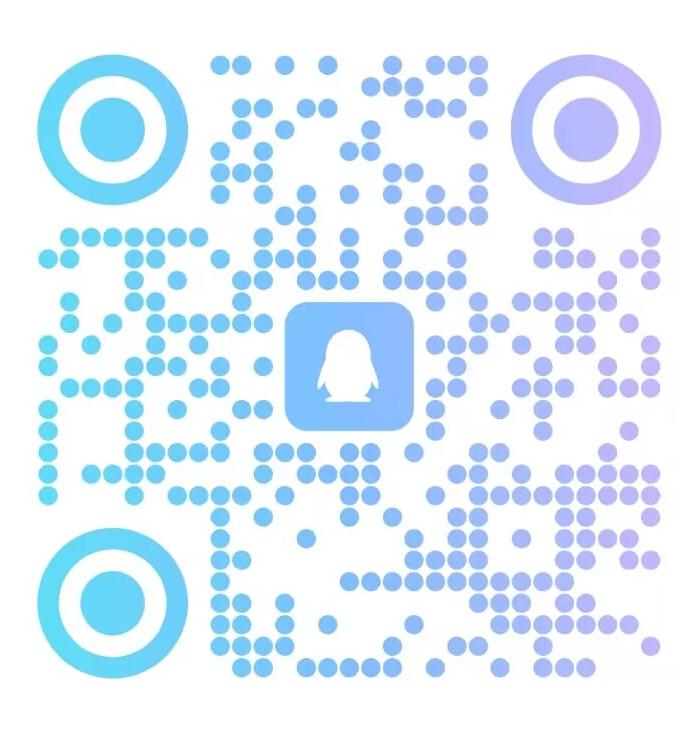QQ扫一扫联系

Section C
Directions: There are 2 passages in this section. Each passage is followed by some questions
or unfinished statements. For each of them there are four choices marked A), B), C) and D)
You should decide on the best choice and mark the corresponding letter on Answer Sheet 2
with a single line through the centre.
Passage One
Questions 46 to 50 are based on the following passage.
The trend toward rationality and enlightenment was endangered long before the advent
of the World Wide Web. As Neil Postman noted in his 1985 book Amusing Ourselves to
Death, the rise of television introduced not just a new medium but a new discourse:
a gradual shift from a typographic (印刷的) culture to a photographic one, which in
tum meant a shift from rationality to emotions, exposition to entertainment. In an
image-centered and pleasure-driven world, Postman noted, there is no place for rational
thinking, because you simply cannot think with images. It is text that enables us to
"uncover lies, confusions and overgeneralizations, and to detect abuses of logic and
common sense. It also means to weigh ideas, to compare and contrast assertions, to connect
one generalization to another."
The dominance of television was not confined to our living rooms. It overturned all of
those habits of mind, fundamentally changing our experience of the world, affecting the
conduct of politics, religion, business, and culture. It reduced many aspects of modem life
to entertainment, sensationalism, and commerce. "Americans don't talk to each other,
we entertain each other," Postman wrote. "They don't exchange ideas, they exchange
images. They do not argue with propositions, they argue with good looks, celebrities and
commercials."
At first, the web seemed to push against this trend. When it emerged towards the end
of the 1980s as a purely text-based medium, it was seen as a tool to pursue knowledge,
—
not pleasure. Reason and thought were most valued in this garden all derived from the
project of the Enlightenment. Universities around the world were among the first to connect
to this new medium, which hosted discussion groups, informative personal or group blogs,
electronic magazines, and academic mailing lists and forums. It was an intellectual project,
not about commerce or control, created in a scientific research center in Switzerland.
And for more than a decade, the web created an alternative space that threatened
television's grip on society.
Social networks, though, have since colonized the web for television's values.
From Facebook to Instagram, the medium refocuses our attention on videos and images,
rewarding emotional appeals —'like' buttons - over rational ones. Instead of a quest
for knowledge, it engages us in an endless zest (热情) for instant approval from an audience,
for which we are constantly but unconsciously performing. (It's telling that, while Google
began life as a PhD thesis, Facebook started as a tool to judge classmates, appearances.)
It reduces our curiosity by showing us exactly what we already want and think, based on
our profiles and preferences. The Enlightenment's motto (座右铭) of'Dare to know' has
become'Dare not to care to know.'
2021年12月英语六级真题第2套第8页共11页 by
46. What did Neil Postman say about the rise of television?
A) It initiated a change from dominance of reason to supremacy of pleasure.
B) It brought about a gradual shift from cinema going to home entertainment
C) It started a revolution in photographic technology
D) It marked a new age in the entertainment industry
47. According to the passage, what is the advantage of text reading?
A) It gives one access to huge amounts of information.
B) It allows more information to be processed quickly
C) It is capable of enriching one's life.
D) It is conducive to critical thinking.
48. How has television impacted Americans?
A) It has given them a lot more to argue about.
B) It has brought celebrities closer to their lives.
C) It has made them care more about what they say.
D) It has rendered their interactions more superficial.
49. What does the passage say about the World Wide Web?
A) It was developed primarily for universities worldwide.
B) It was created to connect people in different countries.
C) It was viewed as a means to quest for knowledge
D) It was designed as a discussion forum for university students.
50. What do we learn about users of social media?
A) They are bent on looking for an alternative space for escape.
B) They are constantly seeking approval from their audience.
C) They are forever engaged in hunting for new information.
D) They are unable to focus their attention on tasks for long.